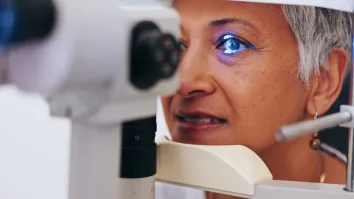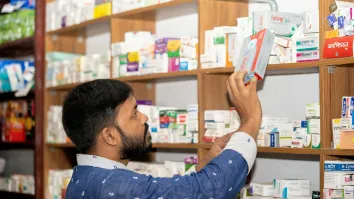
Find out about the effects of lifestyle diseases on Indonesian healthcare
Dr Richard Jones, technical adviser at International SOS, will share his thoughts.
Having worked as an international assignee in several countries, Dr Jones has lead several International SOS medical service teams.
Dr Jones also has experience in planning and implementing primary and emergency healthcare wellness systems. He also possesses significant knowledge about occupational health strategies.
Dr Jones will be talking about The Cost Conundrum in Asian Healthcare at the Jakarta leg of the inaugural Healthcare Asia Forum 2016 this April 28. Here’s more about Dr Jones:
HCA: What are your key healthcare philosophies and ideologies?
I am a firm believer that prevention is always better than cure. This may sound surprising, but at International SOS, around 80% of services we provide to our clients are actually preventative measurements such as medical advices and consulting. We pioneer ways to mitigate medical costs and even though global standard has always been our strength, local expertise is key. With pioneering preventive programmes strengthened by local expertise, we deliver unrivalled emergency assistance during critical illness, accident or civil unrest.
HCA: Can you give us a glimpse of what you will talk about at the 2016 Healthcare Asia Forum?
Over the last several decades, an epidemic of “lifestyle diseases” has developed in Indonesia: Unhealthy lifestyles, such as inactivity, poor nutrition, tobacco use, and frequent alcohol consumption, are driving up the prevalence of chronic disease, such as diabetes, heart disease, and chronic pulmonary conditions. These chronic conditions have become a major burden, as they lead to decreased quality of life, premature death and disability, and increased health care cost.



















 Advertise
Advertise







